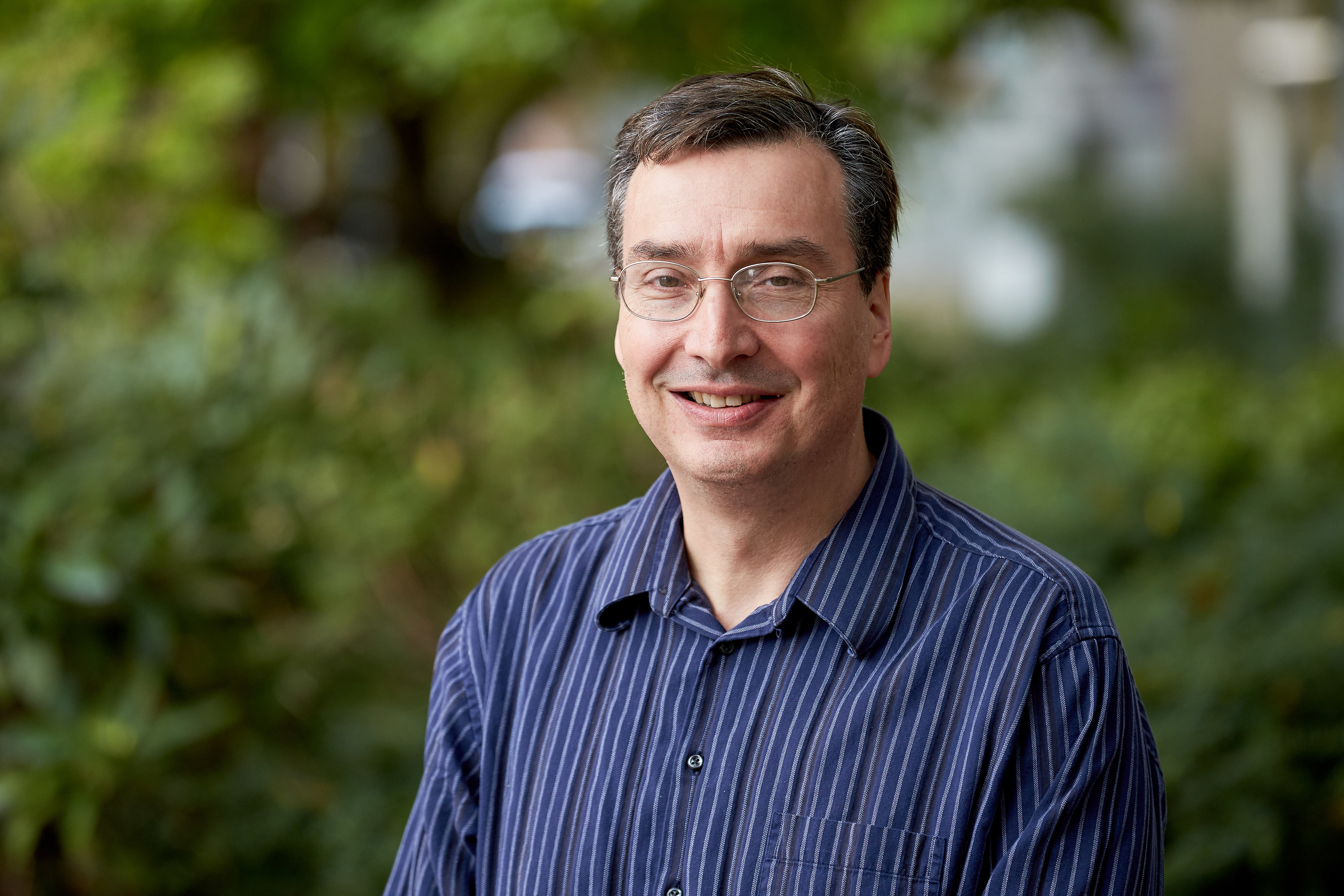
Philip A. Cole, M.D., Ph.D.
Our research involves the chemical biology of protein post-translational modifcations (PTMs) in the context of signaling, epigenetics, and cancer. We develop and apply chemical approaches including protein semisynthesis and small molecule probes to the study of protein phosphorylation, acetylation, ubiquitination, and other PTMs in enzymes and cellular networks.
Phil Cole graduated from Yale University with a B.S. in Chemistry in 1984 and then spent a year as a Churchill Scholar at the University of Cambridge. Cole went on to obtain M.D. and Ph.D. degrees from Johns Hopkins where he pursued research in bioorganic chemistry in 1991. Cole then entered clinical and post-doctoral training at Brigham and Women's Hospital and Harvard Medical School prior to joining Rockefeller University in 1996 as a junior lab head. In 1999, Cole returned to Johns Hopkins as professor and director of pharmacology where he served until 2017, when he moved to Harvard Medical School and Brigham and Women's Hospital as professor of medicine and biological chemistry and molecular pharmacology. His research interests are in the area of chemical biology, protein post-translational modifications, cell signaling, and epigenetics.
Research:
Our research involves the chemical biology of protein post-translational modifcations (PTMs) in the context of signaling, epigenetics, and cancer. We develop and apply chemical approaches including protein semisynthesis and small molecule probes to the study of protein phosphorylation, acetylation, ubiquitination, and other PTMs in enzymes and cellular networks. We are currently investigating the functions, regulation, and mechanisms of PTEN lipid phosphatase, Akt protein kinase, NEDD4 ubiquitin ligases, LSD1 histone demethylase, HDAC1 deacetylase, the CoREST complex, and p300/CBP acetyltransferase. We strive to translate our findings in signaling and epigenetics to identify novel therapeutic opportunities for the treatment of cancer and other diseases.
Address:
New Research Building
77 Avenue Louis Pasteur
Room 160E
Boston, MA 02115
Proc Natl Acad Sci U S A
View full abstract on Pubmed
Mol Cell Biol
View full abstract on Pubmed
Dev Cell
View full abstract on Pubmed
J Biol Chem
View full abstract on Pubmed
J Mol Biol
View full abstract on Pubmed